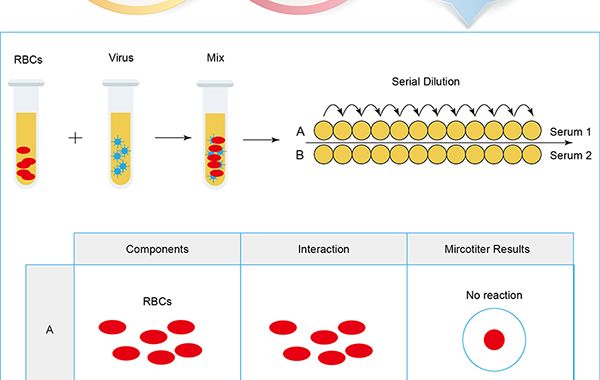Have you ever wondered why some recruitment agencies have a revolving door of clients, while others develop relationships that stand the test of time? It's no secret that in the recruitment world, the most successful players are those who don't just make a one-time placement but cultivate lasting partnerships with their clients. It's about understanding, adapting, and delivering more than just candidates. It's about being a reliable partner in a constantly evolving job market. This article delves into the crux of what makes these enduring relationships possible.
Trust and Reliability: Foundation of Repeat Business
Imagine you're climbing a mountain. You wouldn't choose a rope that's untested or unreliable. In the same vein, clients return to recruitment agencies that have proven themselves as trustworthy and reliable time and time again. It's about being a steadfast presence, a constant in a world of variables. But how does a recruitment agency build this trust?
First, it's about delivering on promises. When an agency consistently matches the right candidates with the right roles, they're not just filling positions; they're solving problems and making life easier for their clients. It's this reliability that turns a one-time client into a repeat one.
But trust goes beyond just delivering results. It's also about being transparent. Transparency in communication, processes, and pricing. When clients feel they are in the loop and not in the dark, trust naturally builds.
And let's not forget about consistency. Agencies that maintain a high standard of service, regardless of the size or scope of the project, solidify their reputation as reliable partners. It's about ensuring quality, every single time.
Understanding Client Needs: The Art of Listening
Have you ever had a conversation where you felt truly heard? That's the kind of experience clients look for when working with a recruitment agency. Understanding client needs is less about ticking boxes on a job description and more about diving deep into what makes their business tick.
This understanding starts with active listening. It's about asking the right questions and then actually listening to the answers. But it goes beyond just understanding the technical requirements of a job. It's about grasping the culture of the company, the team dynamics, and the unspoken needs that might not make it onto a job listing.
Once an agency has this understanding, they can tailor their approach. This might mean presenting candidates who not only have the right skills but also the right personality for the company's culture. Or it could be advising on recruitment strategies that align with the client's long-term goals. It's this bespoke approach that makes clients feel valued and understood.
The Impact of Effective Communication
Effective communication is the glue that holds client relationships together. It's not just about sharing information; it's about ensuring that the information is clear, timely, and relevant.
Imagine a scenario where there's a slight delay in finding the right candidate. An agency that communicates this proactively, explaining the reasons and the steps being taken to address it, will foster far more trust than one that leaves the client wondering what's happening.
Good communication also involves being a good listener. It's about creating a two-way dialogue where feedback is not just welcomed but actively sought. This feedback loop allows agencies to continuously improve and adapt their services to better meet client needs.
And in the age of digital communication, it's also about choosing the right channels. Whether it's a quick text update, a detailed email, or a virtual meeting, using the right medium can make a big difference in how the message is received.
Adapting to Change: Staying Relevant in a Dynamic Market
The recruitment industry is ever-changing. New technologies, shifting job market trends, and evolving candidate expectations mean that what worked yesterday might not work today. Agencies that thrive are those that not only adapt to these changes but anticipate them.
This adaptation could be in the form of embracing new technologies for sourcing candidates or adopting more flexible working models. It might involve deepening expertise in niche areas or expanding into new markets.
But adaptation is not just about following trends; it's about understanding how these changes impact clients and offering solutions that address these new challenges. For example, in the fast-paced world of recruiting for startup, an agency needs to be agile, resourceful, and innovative to meet the unique demands of this sector.
Staying relevant also means continuously educating both the team and the clients. Whether it's through workshops, webinars, or sharing insightful content, agencies that invest in knowledge are better equipped to serve their clients in a dynamic market.
Conclusion
Building lasting partnerships in recruitment is not about quick wins or short-term gains. It's about establishing trust, understanding client needs, communicating effectively, and staying adaptable in a fast-paced world. It's these factors that make clients come back time and time again. In an industry where success is measured by the strength of relationships, these are the keys to unlocking repeat business and long-term success.








